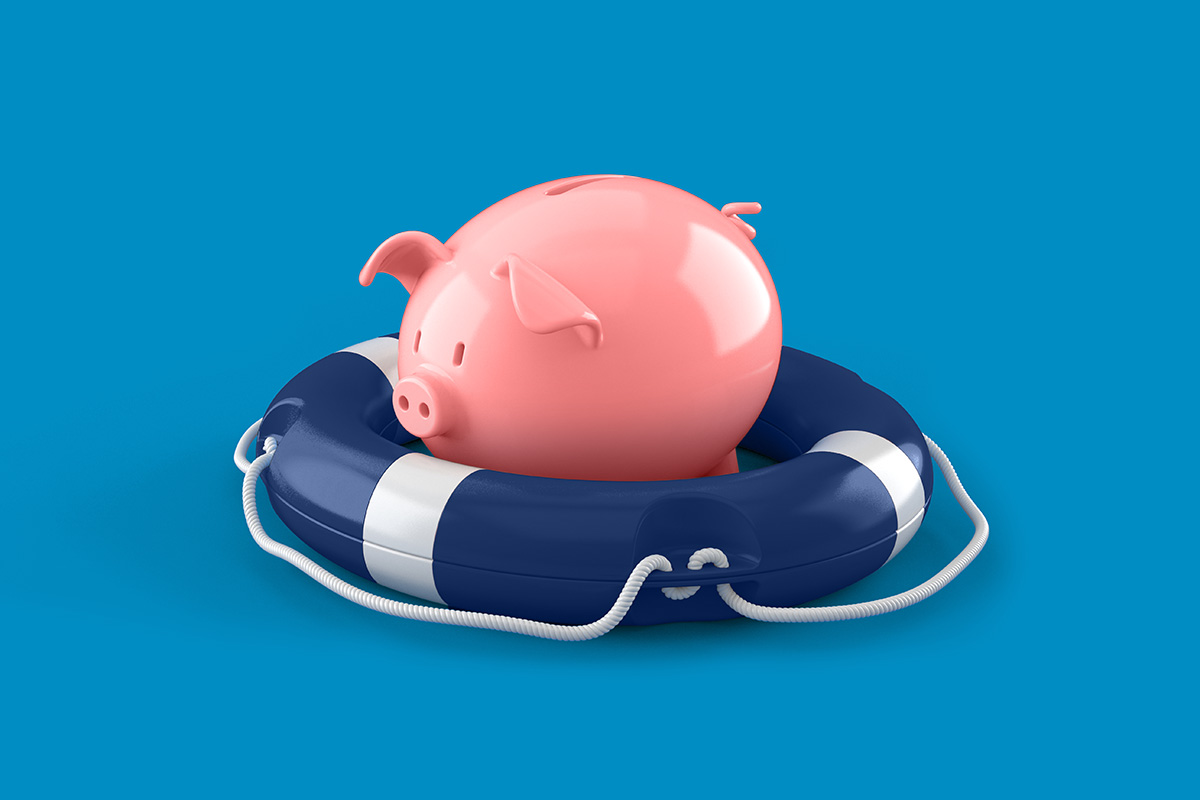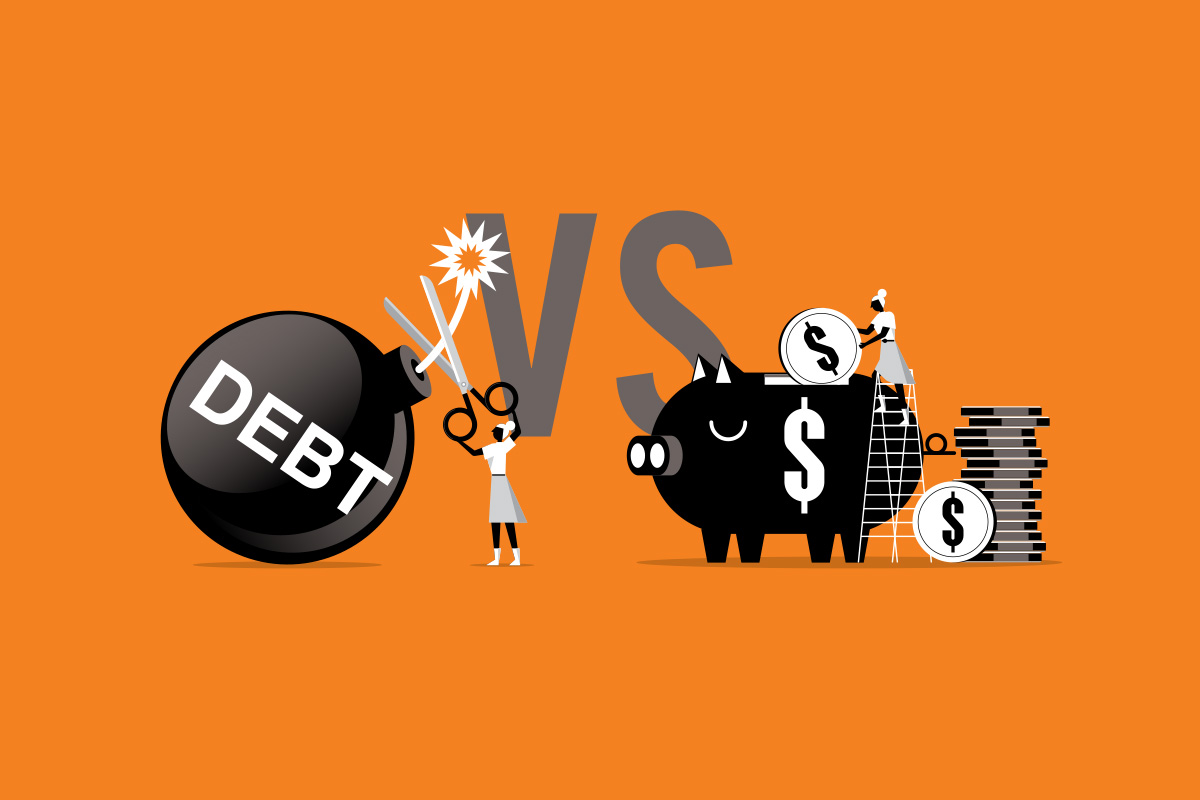
Emergency Funds: Your Financial Safety Net
An emergency fund is a dedicated savings account designed to cover unexpected expenses, such as medical emergencies, major car repairs, home repairs, or sudden job loss. Life is unpredictable, and having a financial cushion can make all the difference in how you navigate tough situations. Without an emergency fund, many people turn to credit cards or loans, which can lead to long-term debt and financial stress.
We encourage everyone to build an emergency fund to ensure peace of mind and financial stability. A well-funded emergency account allows you to handle unexpected costs without disrupting your long-term financial goals. Whether you’re just starting to save or looking to strengthen your safety net, having a plan in place is key.
How Much Should You Save?
While the right amount for an emergency fund varies from person to person, we recommend the following general guidelines based on your financial situation:
If both spouses work:
Aim for at least three months of essential living expenses. Since there are two incomes in the household, the risk of losing all income at once is lower.
If only one spouse works or you’re single:
It’s wise to have six months’ worth of living expenses saved. A single-income household has a higher risk of financial strain in case of job loss.
If you're retired:
You should set aside one year’s worth of living expenses to provide greater financial security. Without a steady paycheck, having a strong emergency fund helps cover unexpected costs without disrupting your investment strategy.
For those with high-interest unsecured debt (such as credit card balances), consider keeping a smaller emergency fund of $500 to $1,000 while aggressively paying off that debt. Once high-interest debts are under control, you can focus on building a more robust emergency fund.
How Much Should You Save?
It’s important to store your emergency fund in an account that is both safe and easily accessible. A high-yield savings account (HYSA) is an excellent option because it offers higher interest rates than a traditional savings account while keeping your money liquid. Many banks and online financial institutions provide competitive interest rates, helping your emergency savings grow over time.
When choosing where to keep your emergency fund, look for:
To help you find the best option, click the link below to explore banks offering competitive interest rates and start growing your emergency fund today:
https://www.nerdwallet.com/m/banking/standout-online-savings-accounts
Calculator


